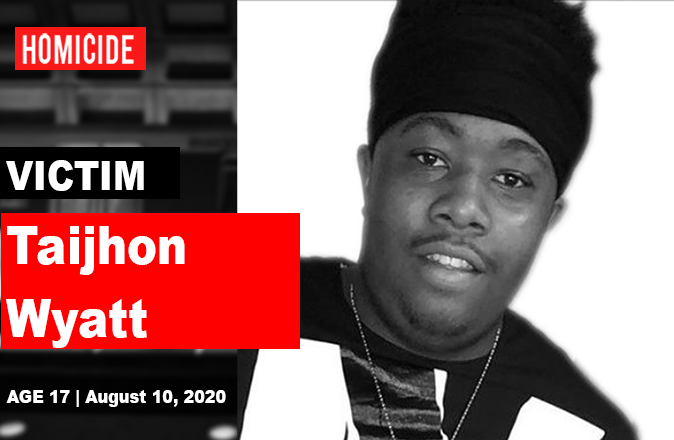
Thank you for reading D.C. Witness. Help us continue our mission into 2024.
Donate NowBy
Hunter Fernandez [former]
- March 6, 2023
Court
|
Daily Stories
|
Homicides
|
Juveniles
|
Suspects
|
Victims
|
At a status hearing on March 3, a defendant in a homicide case waived his right to conflict free representation after his attorney served as representation for one of the witnesses’ mothers.
Eighteen-year-old Nelfy Hernandez, 20-year-old DeAndre Levy and 18-year-old Trey Prillerman, are charged with first-degree murder in relation to a mass shooting on the 5500 block of 9th Street, NW on Aug. 10, 2020. The three allegedly opened fire on a group of teenagers. Taijhon Wyatt, 17, was killed in the shooting.
At the hearing, DC Superior Court Judge Maribeth Raffinan dealt with a possible conflict of interest between one of Levy’s defense attorneys, Jonathan Zucker, and one of the possible witnesses.
Zucker served as representation for the witness’ mother in a special education case. The prosecution argued that because of this, Zucker may have information that could discredit the witness if he incriminates the defendant.
The witness is currently in another case. His representation spoke on his behalf and stated that the witness did not wish to testify and had a fifth amendment right that would allow him to do so.
“I don’t believe there is a risk to the administration of justice,” his defense attorney stated, given that his client did not wish to testify.
In the end, he stated that the witness was willing to give informed consent if he did have to testify.
The prosecution, however, did not believe that informed consent would be enough to excuse the conflict of interest between the witness and Zucker. In response, the judge requested that Levy waive his right to conflict free representation.
After Levy agreed to do so, the prosecution still expressed concern that the relationship between Zucker and the witness would be problematic.
“The court’s job is to prevent the appearance of impropriety,” the prosecutor said.
Judge Raffinan attempted to solve this conflict by requiring a brief on how the prosecution would question the witness and how the defense wished to respond. Judge Raffinan also informed Zucker that he could not use any previous information that he had in order to discredit the witness.
After concluding their conversation, Judge Raffinan stated that a similar conversation would have to be had with the witness. She then set a date for the next hearing for that conversation.
The prosecution requested that the next hearing would only include the prosecution, the witness, and the witness’ representation.
He stated that including any of the defendants or their council would “further compound the problems” that they are facing in the case.
However, all three of the co-defendants’ attorneys requested that they and their clients be present at the hearing.
Judge Raffinan agreed to the defense’s request as all three co-defendants are involved in the case and have a right to be present at the hearing.
The next status hearing to discuss the conflict of interest with the witness is slated for March 10.
Follow this case